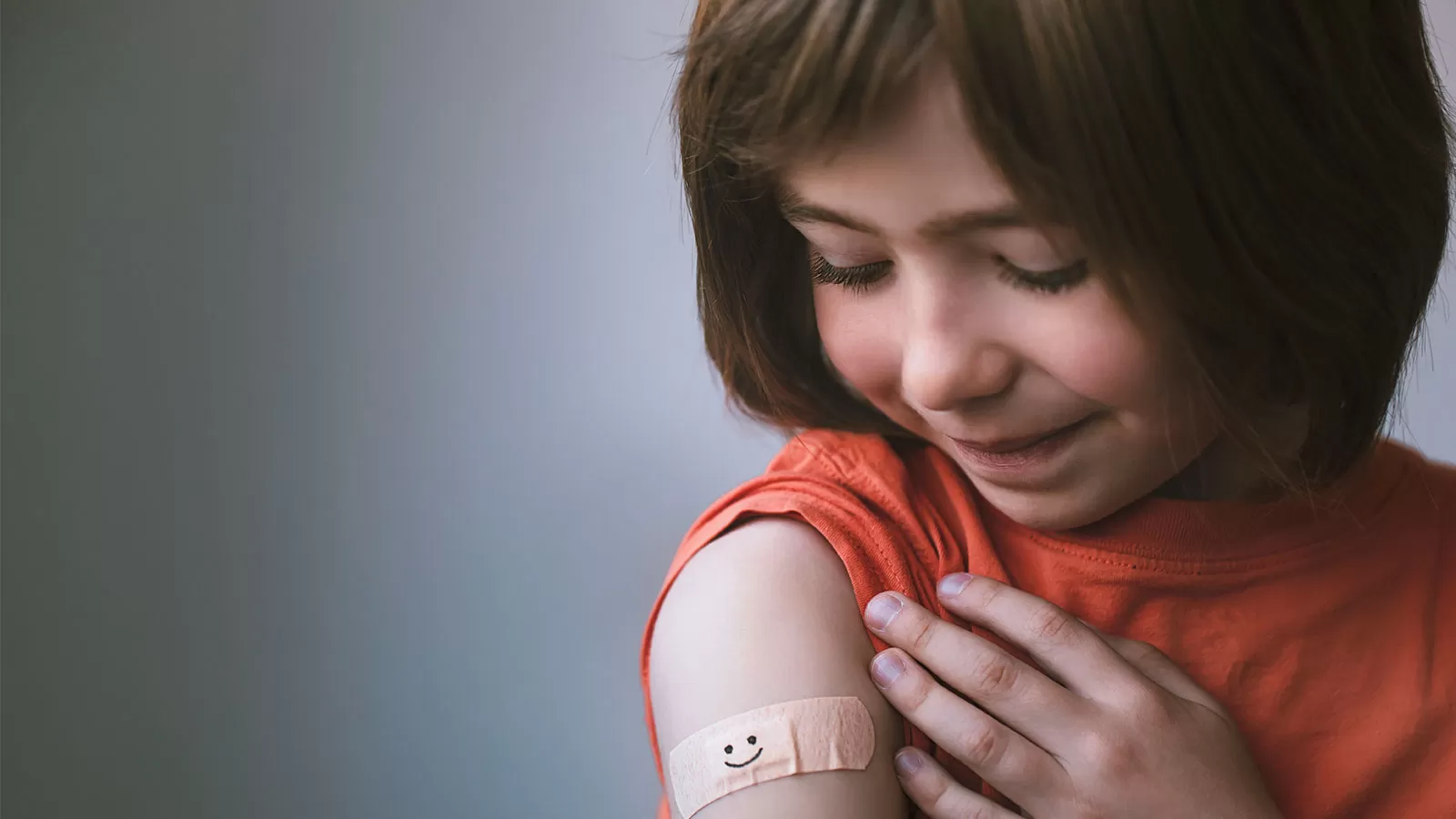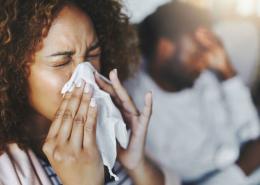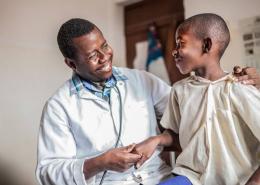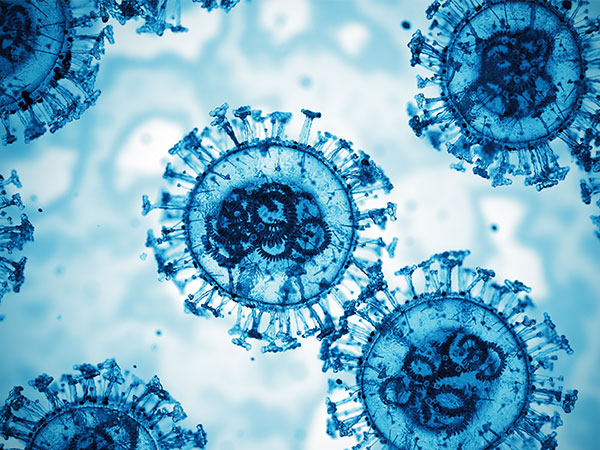How Vaccines Work: Immune Response and the Body's Reaction

Vaccines can train your body to prevent sicknesses before they even start. They do this by introducing something called an antigen into the body, which imitates an infection and primes the immune system to respond.1 That way, if you encounter certain disease-carrying organisms, known as pathogens,2 in the future, your body already has a plan of attack.
“After a vaccination—and once the antigen is recognized as foreign by surrounding cells—it sets a cascade of events in motion that may help provide protection against disease," says Bill Gruber, M.D., Senior Vice President of Vaccine Clinical Research and Development at Pfizer. "The body's first line of defense, the innate immune response, is triggered almost immediately."
Modern immunizations have stamped out smallpox. They’ve nearly ended polio. And they’ve brought certain diseases such as measles to historic lows.3 Vaccines also helped change the course of the global COVID-19 pandemic.
How Vaccines Work: A Simple Explanation
To understand how a vaccine immune response works, it helps to learn a little bit about immune-system cells called B-lymphocytes and T-lymphocytes, or B-cells and T-cells. B-cells produce antibodies that fight off infection.5 T-cells recognize and kill cells infected with a virus or other foreign cells, which can stop the infection from spreading.5 When a vaccine introduces an antigen into the body, those B-cells and T-cells get to work.
Because of that immune response, following immunization some people may experience mild symptoms for a day or two, such as a fever, chills, or feeling tired.6 That’s because the body is acting as if it’s fighting a mild form of the germ—not because it’s infected. Fever is one example of the body's protective responses to fight a pathogen.
"Fortunately, these events for vaccines are typically mild or moderate” says Dr. Gruber.
Vaccination, as well as natural infection, also help produce “memory” B- and T-cells.5 That means if you become ill in the future with the pathogen you’re vaccinating against, your immune system is trained to protect you and prevent serious illness.
"That's the basis of vaccination," says Gruber. "Before the pathogen can replicate in the body, you've got antibodies generated to prevent that from happening." He adds that some memory cells can protect a person for life, while others are shorter-lived.
Developing this tailored immune response is not immediate, says Gruber, who warns that it can take several weeks to build up enough antibodies to provide protection. Sometimes, he adds, people need to receive one or more additional doses of a vaccine to build a stronger and durable immune response.
Types of Vaccines
All vaccines teach the immune system to create antibodies to help it fight off a particular pathogen.1 However, the method they use to accomplish this goal depends on the underlying vaccine technology. It’s a particularly exciting time for vaccine technology. We are seeing the opportunities that may come from matching different pathogens to specific vaccine technologies and shifting from traditional vaccines to mRNA vaccines in some cases.
Traditional vaccines contain a version or part of the virus, bacteria, or other pathogen.1 It may be live but weakened, such as in the measles or chickenpox vaccines. Or, it might be dead or inert, such as in the pertussis (whooping cough) or tetanus vaccines.
mRNA (messenger ribonucleic acid) vaccines don't contain any part of the pathogen. Instead, mRNA is a molecule that contains instructions that direct cells to make a protein, or a piece of a protein.7, 8
mRNA vaccines only became available to the public after 2020, but the technology has been in development for decades, as scientists worked to ensure that safe and effective vaccination was possible with this approach.7 These advances are particularly beneficial from a global health standpoint, as mRNA vaccines can potentially be produced more rapidly than traditional vaccines, in response to a new threat of infectious disease.6
Help Protect Yourself and Your Community
Benjamin Franklin once said, “An ounce of prevention is worth a pound of cure.” Which is to say that it is worth the effort to try to help stop something before it happens rather than trying to contain something after it’s begun. This premise is the very nature of vaccines.
And when it comes to immunization, it’s important to remember that getting vaccinated doesn’t just help protect you. In some cases, it can also help keep your family and community safe from the spread of infection, says Gruber.
"The more people who engage responsibly as a community to get vaccinated,” Gruber says, “the better the protection can be."







